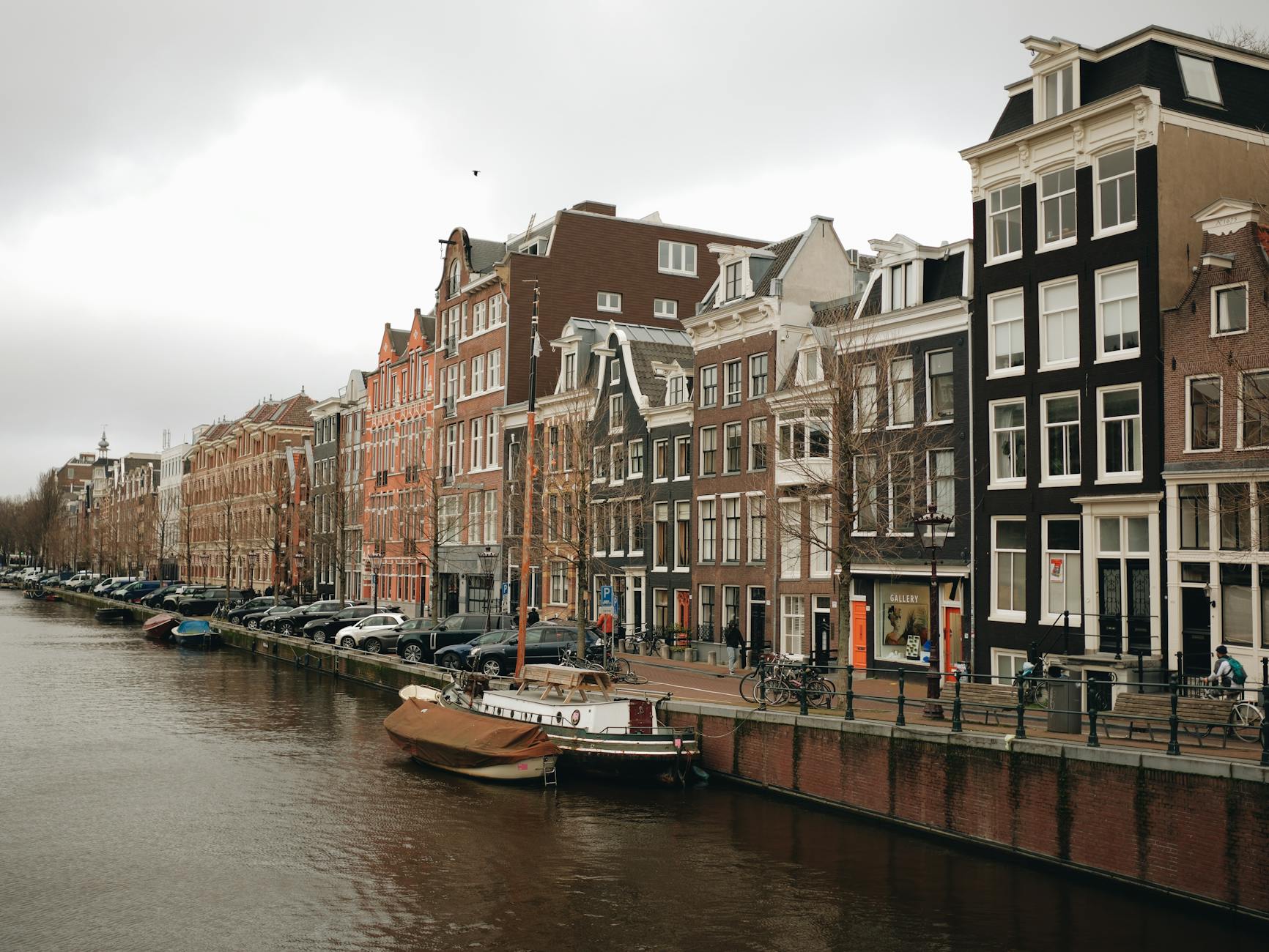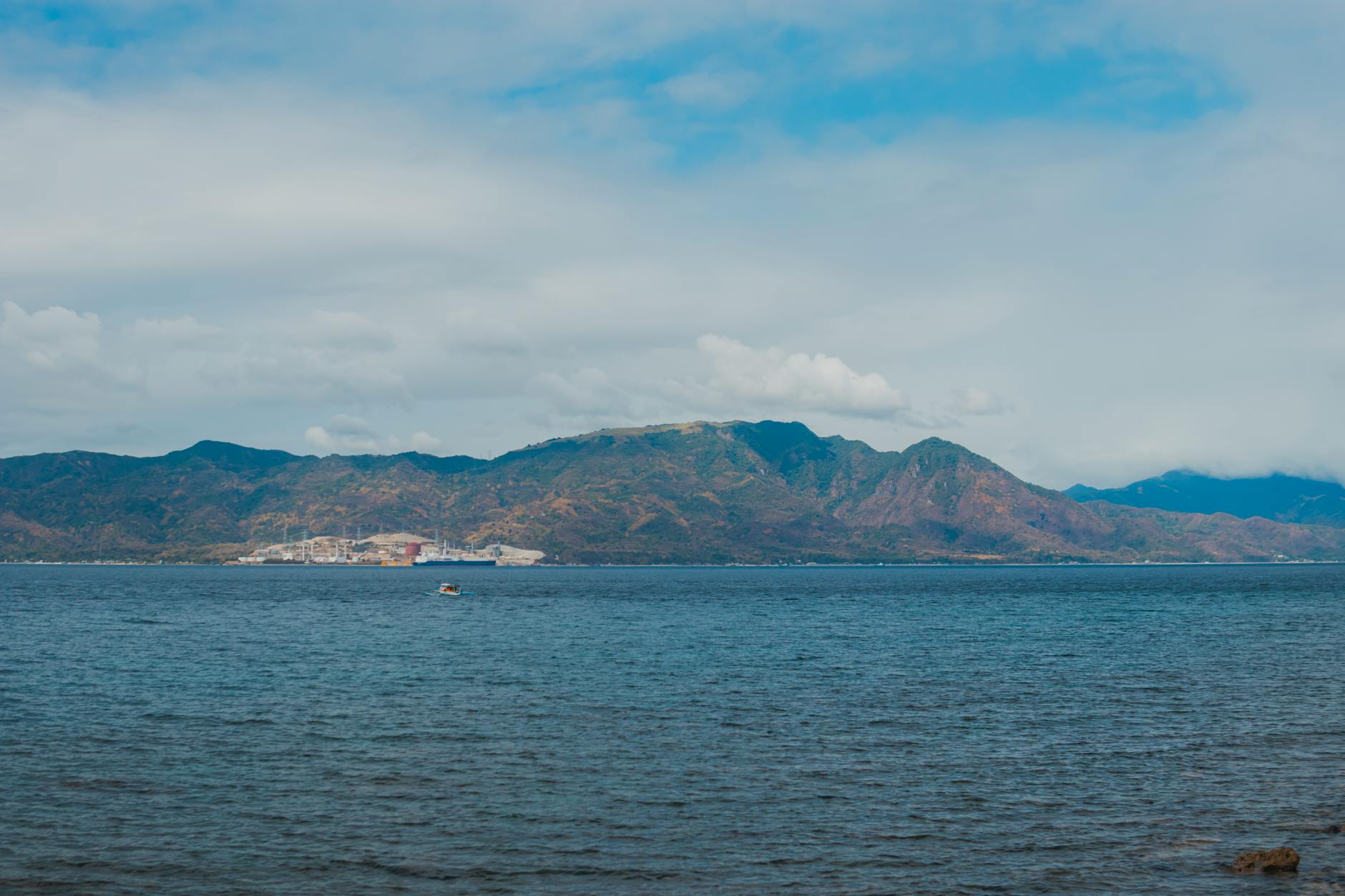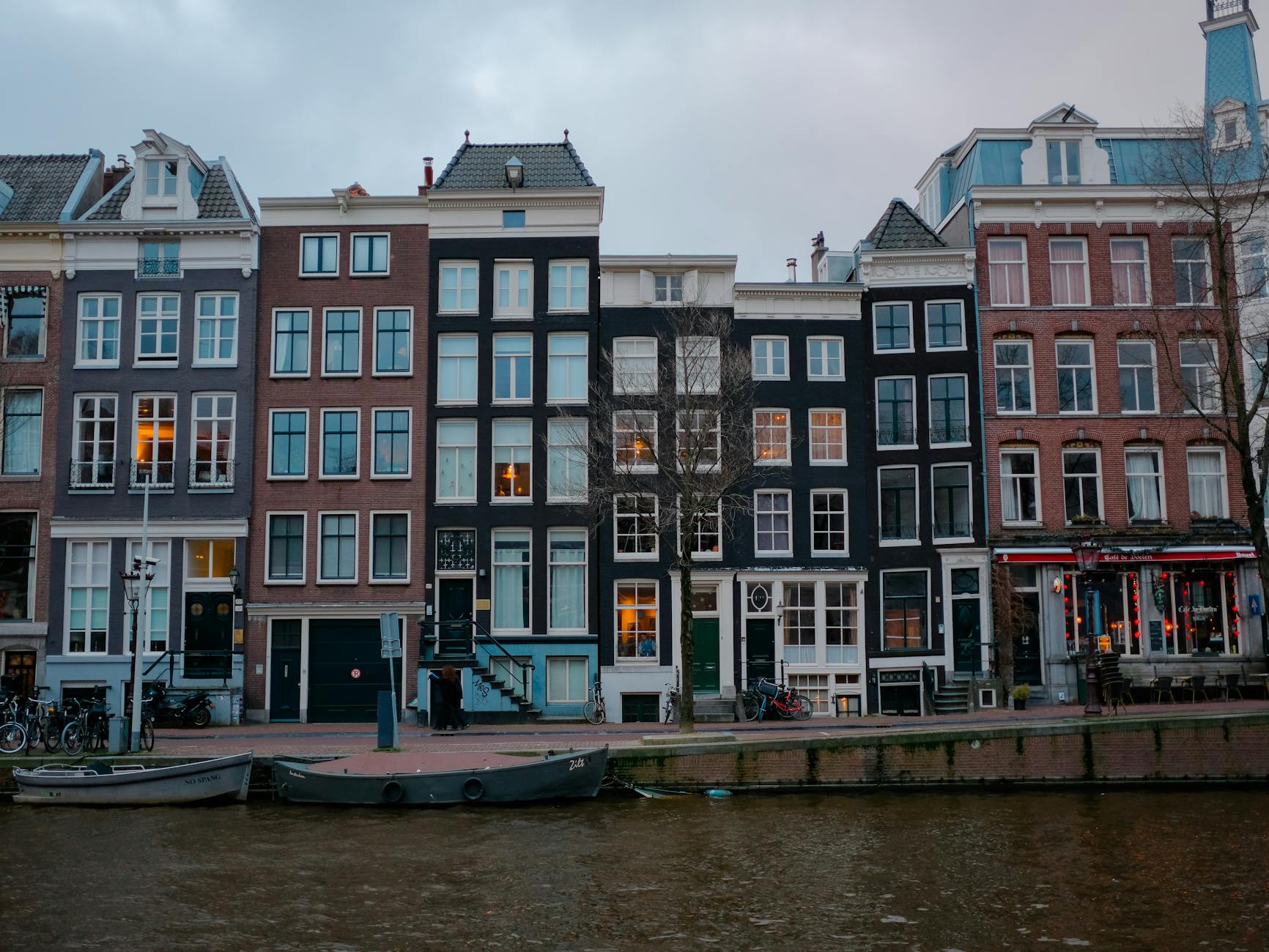How to Experience Australia Through an Eco-Conscious Lens

Planning Your Eco-Friendly Trip
Embarking on eco-friendly explorations requires careful planning and a commitment to sustainability. As a native of Melbourne, I often draw inspiration from local efforts, including the innovative conservation initiatives witnessed at the Royal Botanic Gardens. This approach ensures that my travels, and those of eco-conscious adventurers like yourself, remain aligned with nature-first principles.
Choosing Sustainable Destinations
When selecting destinations, prioritise regions that implement conservation practices. For example, machu picchu tours have begun enforcing stricter visitor regulations to protect its ancient structures and delicate ecosystems. Opt for tours that actively contribute to environmental preservation and educate visitors about local flora and fauna.
Eco-Conscious Travel Itineraries
Crafting an itinerary with sustainability at its core is essential. Central American gems, known for their rich biodiversity, offer central american tours that integrate ecological data and insights, emphasising education and preservation. These tours frequently showcase nature-reserve excursions and highlight community-led conservation success stories, allowing you to engage deeply with the environment.
Preparing for an Eco-Friendly Adventure
Preparation is key to minimizing your ecological footprint. When embarking on antarctic tours or any eco-destination, pack reusable essentials such as water bottles and eco-friendly toiletries. Respecting each locale’s unique environmental codes, akin to those practised in the lush trails of Melbourne's Dandenong Ranges, ensures your journey remains respectful and sustainable.
Eco-Conscious Activities
Wildlife-Friendly Encounters
As a dedicated conservationist, I am thrilled to share experiences that allow you to engage with wildlife responsibly. When setting out on a Galapagos cruise, it's vital to appreciate the delicate balance of its ecosystems. The flora and fauna here know no artificial boundaries, just like the sprawling landscapes of the Royal Botanic Gardens in Melbourne. On these islands, interactions should be unobtrusive, ensuring that nature remains untouched by human presence.
Exploring Natural Reserves
Embarking on adventures in natural reserves across Central America travel offers a unique insight into the region’s thriving ecosystems. Just like the conservation successes experienced through the Melbourne Zoo's programs, reserves like Costa Rica's Corcovado National Park host a dazzling array of biodiversity. Trekking through these lush terrains not only heightens your appreciation of nature's wonders but also ignites a passion for preserving them.
Participating in Conservation Projects
Joining conservation efforts can be one of the most rewarding travel activities. On Cuba tours, for instance, you can volunteer to help protect endangered species and restore critical habitats. This experience is akin to the profound connections fostered along the trails of the Dandenong Ranges, where every step can contribute to the broader ecological mission. By actively participating in conservation, you become an integral part of global ecological change.
Sustainable Accommodations
Selecting Eco-Certified Lodgings
When planning a wildlife-focused trip, eco-certified lodgings create harmony between comfort and environmental conservation. Lodgings with certifications like EarthCheck or Green Star signify a commitment to preserving local habitats, much like the initiatives seen at the Melbourne Zoo's conservation programs. These certifications ensure that your accommodation actively reduces its carbon footprint by using renewable energy, reducing waste, and supporting local communities.
Minimizing the Environmental Impact
Staying in sustainable accommodations fosters a green approach to travel. Engage with these practices during your stay to minimize environmental impact:
- Water Conservation: Take shorter showers and reuse towels to reduce water use.
- Energy Efficiency: Turn off lights and unplug electronics when not in use.
- Waste Management: Sort waste into recycling bins provided by the hotel.
Implementing these small habits shares similarities with the efforts made within the lush trails of the Dandenong Ranges, where every action contributes to maintaining the area's ecological integrity.
Engaging with Local Communities
Beyond preserving natural habitats, eco-certified lodgings often support local communities by sourcing food, crafts, and services locally. This engagement bolsters the local economy and enriches your travel experience through authentic cultural exchanges. You might find this approach similar to "cuba travel," where local experiences are integral to understanding the culture and environment deeply. Likewise, preparing for galapagos tours involves engaging with indigenous communities to learn about unique conservation challenges and successes.
Each stay at an eco-certified lodging becomes more than just a night's rest; it becomes a step towards sustainable travel and conservation.
Traveling Responsibly
Low-Impact Transport Options
Navigating through beautiful destinations while preserving the environment is possible by choosing low-impact transport options. Opt for means like bicycles, public transport, or walking when exploring areas rich with biodiversity such as on Galapagos Islands tours. These options not only reduce carbon footprints but also offer a more intimate connection with nature. In places like Central America, local buses and trains provide insight into the vibrant everyday life of the locals, making your travel experience more authentic. This approach echoes the ethos seen in the Melbourne Zoo's conservation programs, where every small environmentally conscious action can lead to meaningful impacts.
Ethical Wildlife Interactions
Interacting with wildlife requires care and respect. Always prioritize tours that adhere to ethical practices and regulations, ensuring the safety and well-being of the animals. For instance, central america tours often emphasize respectful observation of wildlife in natural habitats rather than hands-on interactions, which can stress animals or disturb their natural behaviours. Adopting such responsible practices helps preserve the delicate balance of ecosystems, providing an enriching experience similar to learning at a conservation workshop.
Waste Reduction Practices
As eco-conscious travellers, reducing waste is crucial. Carry reusable items like water bottles, utensils, and shopping bags to minimise single-use plastic. Opting for eco-friendly toiletries that biodegrade quickly ensures we leave pristine environments just as beautiful for future visitors. This mindfulness not only aligns with sustainable travel but also mirrors the conservation efforts rooted in the lush trails of the Dandenong Ranges, where maintaining the purity of nature is paramount.
Best Eco-Traveling Practices
Supporting Local Economies
Supporting local economies is a cornerstone of eco-conscious travel. When visiting vibrant regions in Central and South America, it's vital to choose locally owned businesses for dining, tours, and lodging. This not only benefits the economic well-being of the community but also fosters a deeper connection to the region. Much like the community-centric efforts of the Melbourne Zoo's conservation initiatives, investing in these local enterprises helps preserve cultural and natural heritage.
Practicing Leave No Trace
Embracing the Leave No Trace principles is crucial for preserving the pristine beauty of ecosystems. Whether hiking through the Amazon or exploring the diverse landscapes of Costa Rica, always tread lightly. Packing reusable items, disposing of waste properly, and respecting the natural environment ensures that these precious habitats remain unspoiled for generations. It reminds me of the diligent work done in the Dandenong Ranges, where each visit is a lesson in the importance of minimizing our ecological footprint.
Educating Fellow Travelers
As seasoned eco-adventurers, we have a responsibility to pass on our knowledge. Sharing insights about ethical wildlife interactions, such as avoiding buy amazon animal mate activities, can cultivate a more informed and mindful community of travelers. Highlighting success stories, like the triumphs seen in the Royal Botanic Gardens' conservation programs, inspires others to prioritize sustainable habits in their travel journeys, promoting a ripple effect of environmental stewardship.


